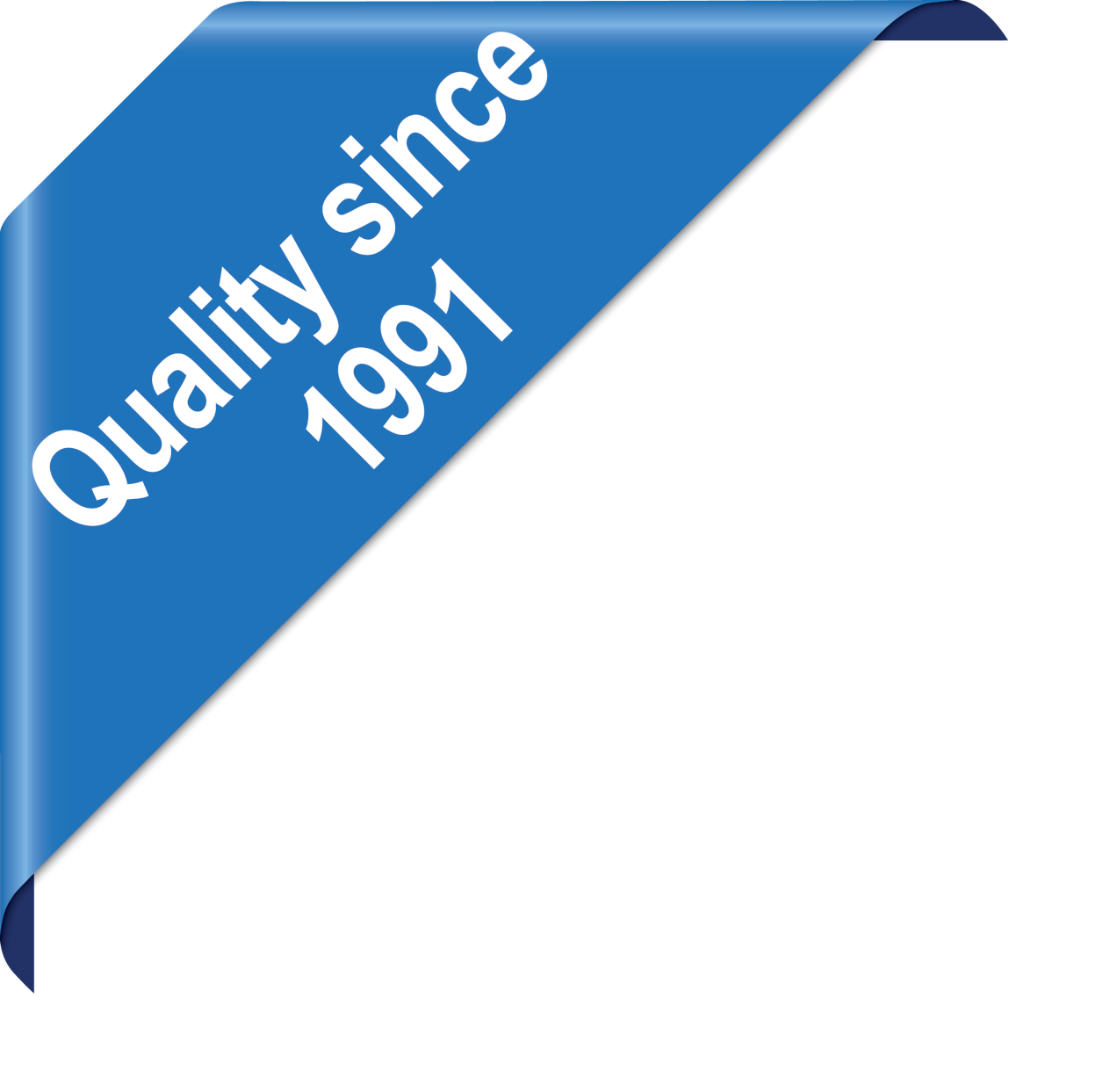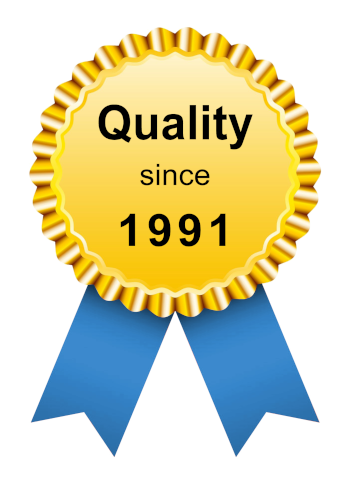

Switzerland's dual education system offers opportunities - not for all
Switzerland's dual education system is currently the subject of renewed debate following the Federal Council's application to the Swiss parliament for a package of measures to strengthen higher vocational education and training.
As part of this discussion, some public opinion is claiming that the apprenticeship route no longer offers any opportunities for advancement and that only the grammar school route leads to personal prosperity.
This is too short-sighted, as there are both low-paid and well-paid apprenticeships and apprenticeships cannot be viewed solely from the perspective of social advancement, but should also take into account the possibility that apprenticeship graduates can take off as entrepreneurs - which is encouraged by start-up capital support from wealthy parents.
Table of contents
- What does the dual education system mean?
- Switzerland's dual education system as an opportunity
- Conclusion
What does the dual education system mean?
The meaning of the term ‘dual education system’ or the dual education system definition in Switzerland is that it is a training programme that takes place partly in a training company (practical part) and partly at a vocational college (theoretical part).
As the economy bears the main responsibility for dual vocational training, qualification in line with the needs of the labour market is guaranteed.
At the end of the three- or four-year apprenticeship, apprentices generally receive the Federal Certificate of Competence (EFZ). In total, there are around 180 different EFZ occupations.
In addition to vocational school, you can also attend a vocational baccalaureate school (BMS) during the apprenticeship, after the apprenticeship or in a flex model during and after the apprenticeship.
Book a preparatory course for the BMS entrance exam now!
After successfully completing the vocational baccalaureate school, you receive the vocational baccalaureate, which is a second qualification in addition to the EFZ. The vocational baccalaureate entitles you to study at a university of applied sciences. If you also take the supplementary Passerelle examination, you can even study at university, ETH or a university of teacher education (PH).
Switzerland's dual education system as an opportunity
In the past, the dual education system in Switzerland, with its vocational apprenticeships, was seen as an opportunity for people from poorer backgrounds to climb the social ladder.
Today, social advancement is no longer so easy, according to an opinion article by Arthur Rutishauser (editor-in-chief of the SonntagsZeitung), because you hardly earn anything in an apprenticeship.
There are still opportunities for advancement today, as the SonntagsZeitung article admits, such as the chance to complete a vocational baccalaureate after an apprenticeship and then even study at university if you take the Passerelle supplementary examination. But this route is much more time-consuming than the direct route to university via the grammar school.
Vocational training as an opportunity for advancement for the poor
In response to the abbreviated statement by the author of the SonntagsZeitung article that it is no longer possible to earn money in apprenticeships, it should be noted that not all apprenticeships are the same.
Among the 180 different EFZ occupations, there are apprenticeships in which you earn little, for example as a hairdresser, but there are also apprenticeships in which you earn very well, for example as a computer scientist or polymechanic.
Vocational training as a self-realisation opportunity for the rich
However, it is also too short-sighted to evaluate apprenticeships solely from the perspective of career opportunities in the lower classes.
After all, there are also many students from the upper classes who complete a vocational apprenticeship with or without a vocational baccalaureate programme (BMS). Due to the financial means of their parents, these students have very good job and career opportunities, i.e. they definitely benefit from the dual education system.
On the one hand, students from wealthier families are better supported during their education, for example if they also complete the Passerelle and then go on to study at university, ETH or PH.
Secondly, the network of well-educated parents can help them find their dream job later on.
And finally, wealthy parents can buy their children entire companies following their apprenticeship, where the newly graduated apprentices become the boss straight away.
Conclusion
It is true that studying at university, ETH or PH after an apprenticeship is a difficult goal to achieve, as it is often a lengthy and expensive diversions. Switzerland's dual education system is therefore an opportunity to study, especially for pupils from higher social classes, or for apprenticeship graduates, a chance for their parents to buy a company for them.
Anyone wishing to prepare for the Passerelle supplementary examination after the vocational baccalaureate can do so free of charge at the Cantonal Matura School for Adults (KME) in a one-year programme, provided they have been resident and tax domiciled in the canton of Zurich for two years; otherwise, school fees of CHF 15,400 are payable for the year. However, certain cantons cover the costs, although the requirements vary and in some cases a cost credit must be applied for in advance.
Those who do not pass the admission procedure at the KME, on the other hand, can prepare for the Passerelle supplementary examination at a private school, but may have to pay over CHF 20,000 in school fees for the year.
It is not advisable to work during the Passerelle preparation, as it is a full-time preparation programme.
But it's not just the journey from apprenticeship to university degree that is expensive. Further education is also expensive. This means that those who do not receive financial support from home are generally unable to improve their education and are therefore at a disadvantage in terms of salary throughout their lives.
Find out more about BMS preparation now!
Sources:
- Dual-track VET programme (last accessed: 16.7.2025)
- BMS course data | FMS preparation - Vocational baccalaureate school - Lern-Forum (last accessed: 16.7.2025)
- Editorial on apprenticeships and French: It's time for real education reform | Tages-Anzeiger (SonntagsZeitung) (last accessed: 16.7.2025)
- Passerelle - KME (last accessed: 16.7.2025)
- BMS | FMS preparatory course - Courses in Zurich - Lern-Forum (last accessed: 16.7.2025)

Second-chance education, university: financially worthwhile?
Is a second education financially worthwhile, i.e. via adult grammar school graduation to university, in order to become a lawyer or doctor in your mid-30s?
Teaching artificial intelligence in schools?
Should artificial intelligence be taught in schools? So far, AI is not part of the curriculum. AI skills becoming increasingly important in education, careers.
New Vocational Baccalaureate Regulation 2026: key changes
New Vocational Baccalaureate Regulation 2026 come into force 1 March 2026. We outline the key changes here, including the Vocational Baccalaureate 2030 project.



